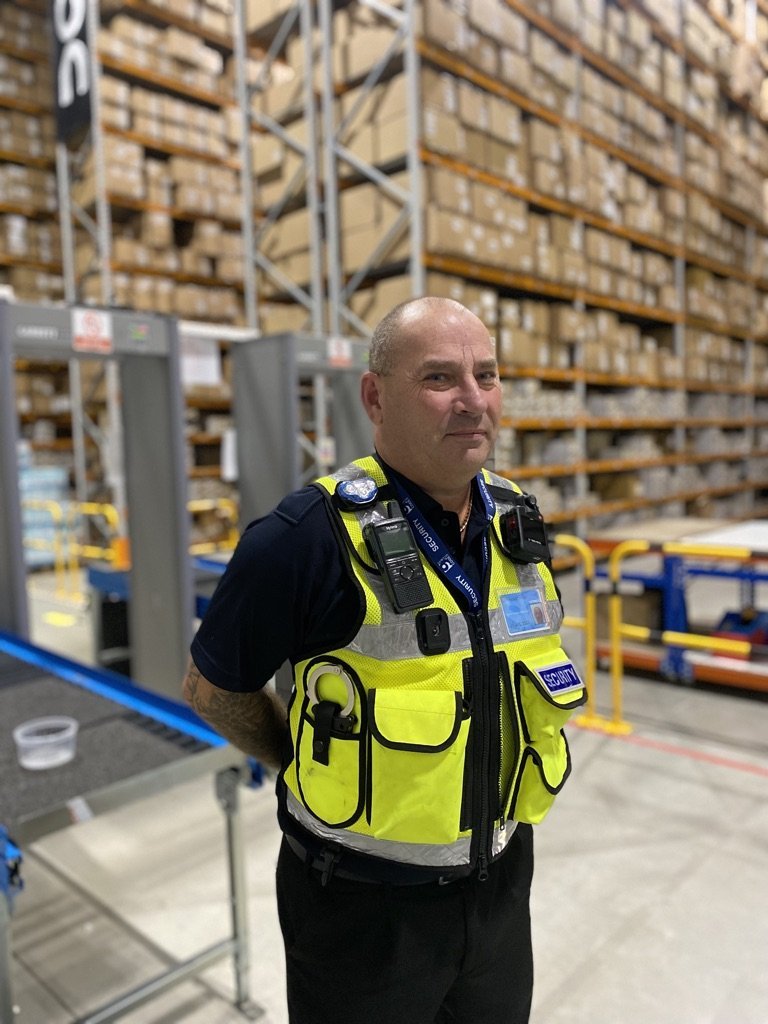
Threat Reduction
Working collaboratively to reduce, mitigate and manage threats in Publicly Accessible Locations
Specialist Security to Protect the Public Realm
The safety and security of the public realm rely on the multi-agency endeavours of both the public and private sectors.
Code 9 Security’s Threat Reduction Team specialises in working as part of a multi-agency collaboration to protect publicly accessible locations and the wider public realm.
What is the Threat Reduction Team?
Code 9 Security's Threat Reduction Team brings together a range of industry specialists and disciplines. Disciplines include canine-assisted detection, hostile vehicle mitigation, crowd safety dynamics, specialist search advisers and risk strategists, forming a highly resilient and formidable opponent against those that seek to cause us harm.
While our work is risk-led, it is supported by solid academic research developed in partnership with several leading universities, specialist interest groups and state-sponsored organisations. Our plans are thoroughly tested, rehearsed and critically evaluated, and our personnel are extensively trained, benefitting from vast experience while being highly motivated and passionate about their work.
Our Threat Reduction Team works across several notable publicly accessible locations in the South East of England.
Threat Reduction Capabilities
Detection Dogs
We use highly trained and motivated detection dogs and handlers to sniff out threats early, allowing for a timely and decisive response.
Specialist Personnel
Utilising a team of specialist security and threat reduction personnel, we positively engage with guests and spot and respond to threats early.
Tactical Search
Equipped with the latest in search technology, including terahertz screening and metal detection, we can find threats effectively.
Risk Advisory
The starting point for any protective measure is quality advice, and Code 9 Security is well-placed to support you with the required advice.
Martyn’s Law
Martyn's Law is a proposed law in the United Kingdom, named after Martyn Hett, who was killed in the 2017 Manchester Arena bombing. The law will require venues (with a capacity of 100 people or more) to conduct security assessments and create appropriate plans for terrorist attacks and other similar incidents. The law would also require venues to train employees on how to respond to such incidents and to regularly review and update their plans.
The UK government is currently considering the law but has not yet been passed. However, the legislation was included in the King’s Speech on 7 November 2023, indicating that the law will be progressed in the current parliament.









